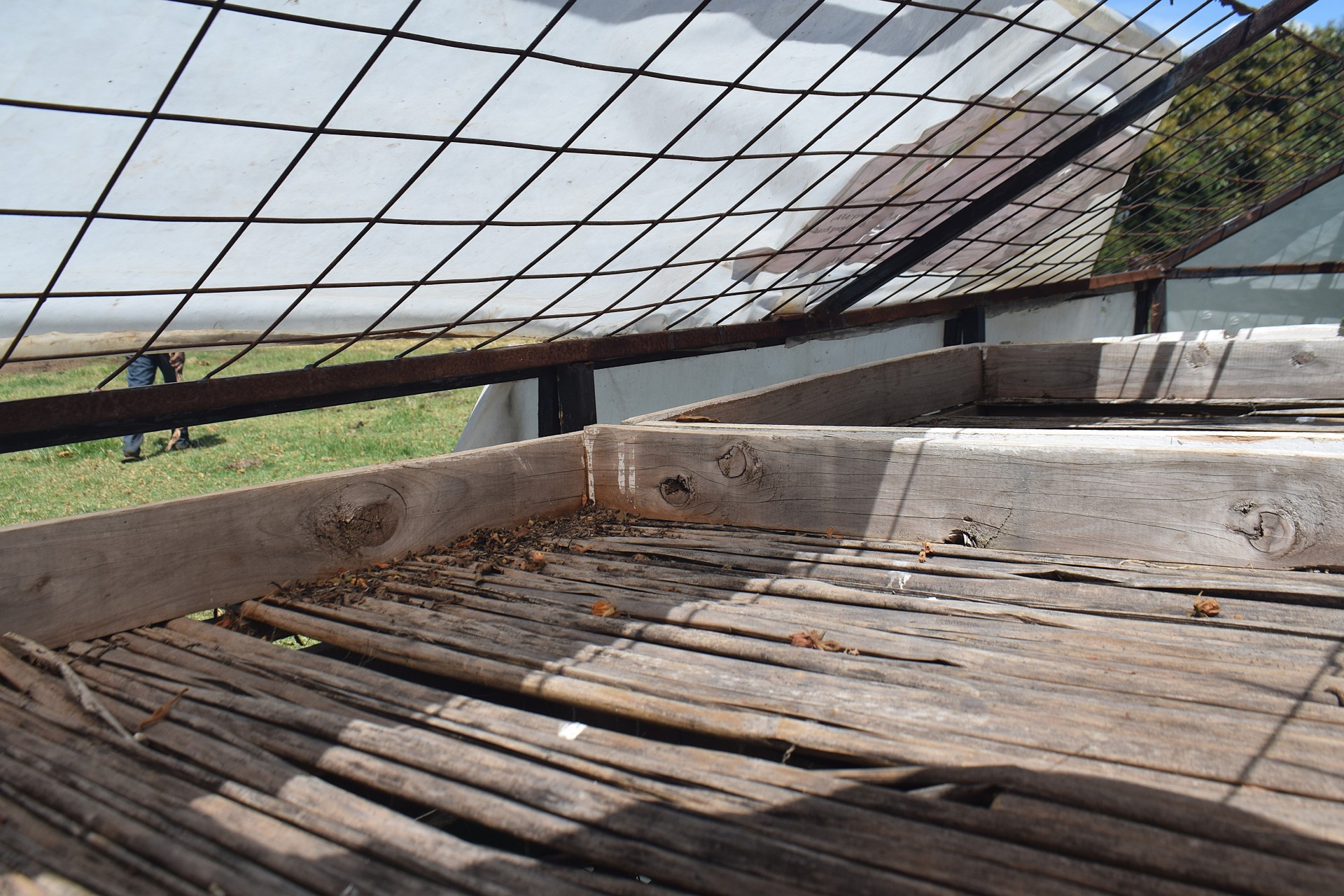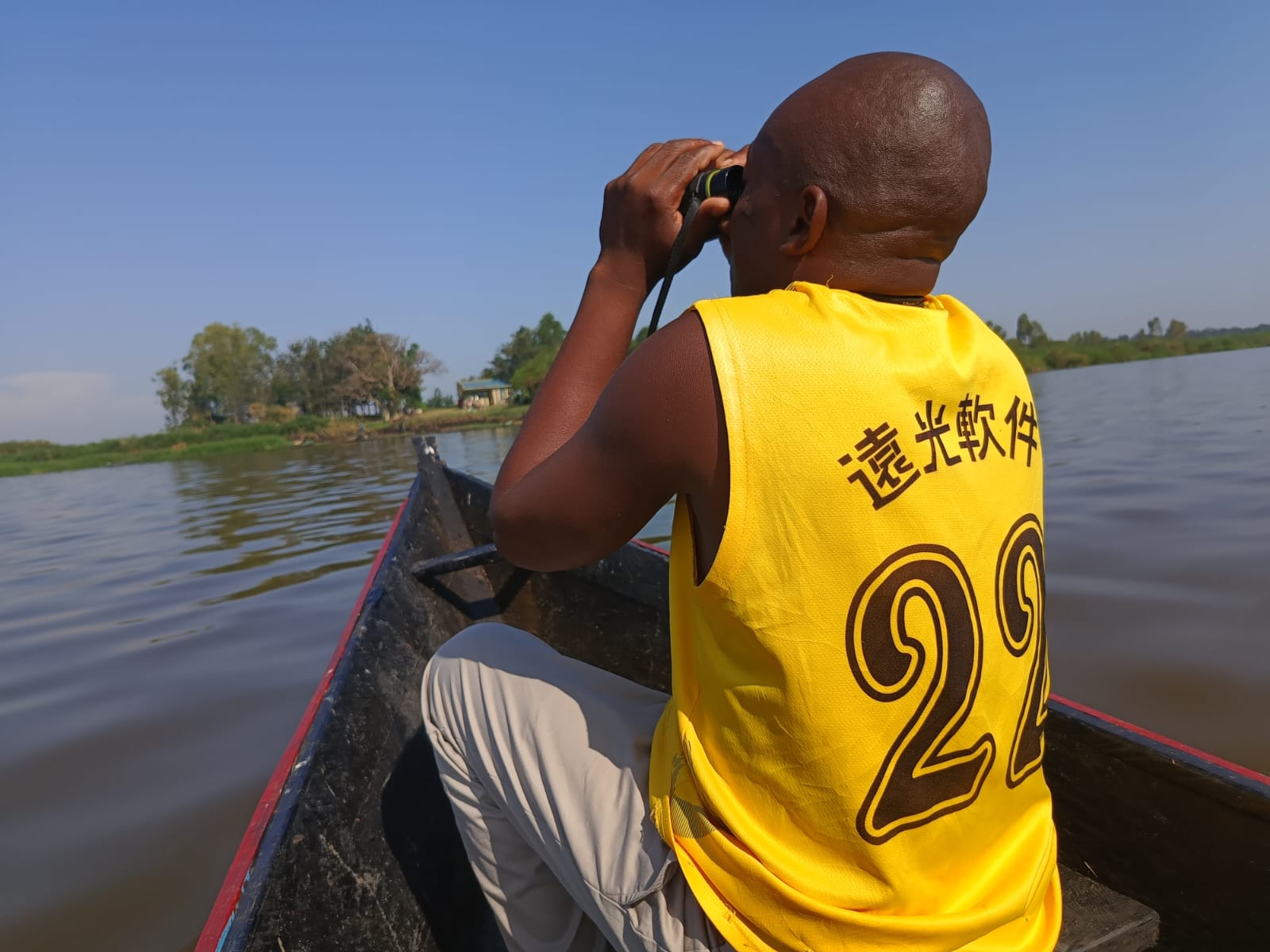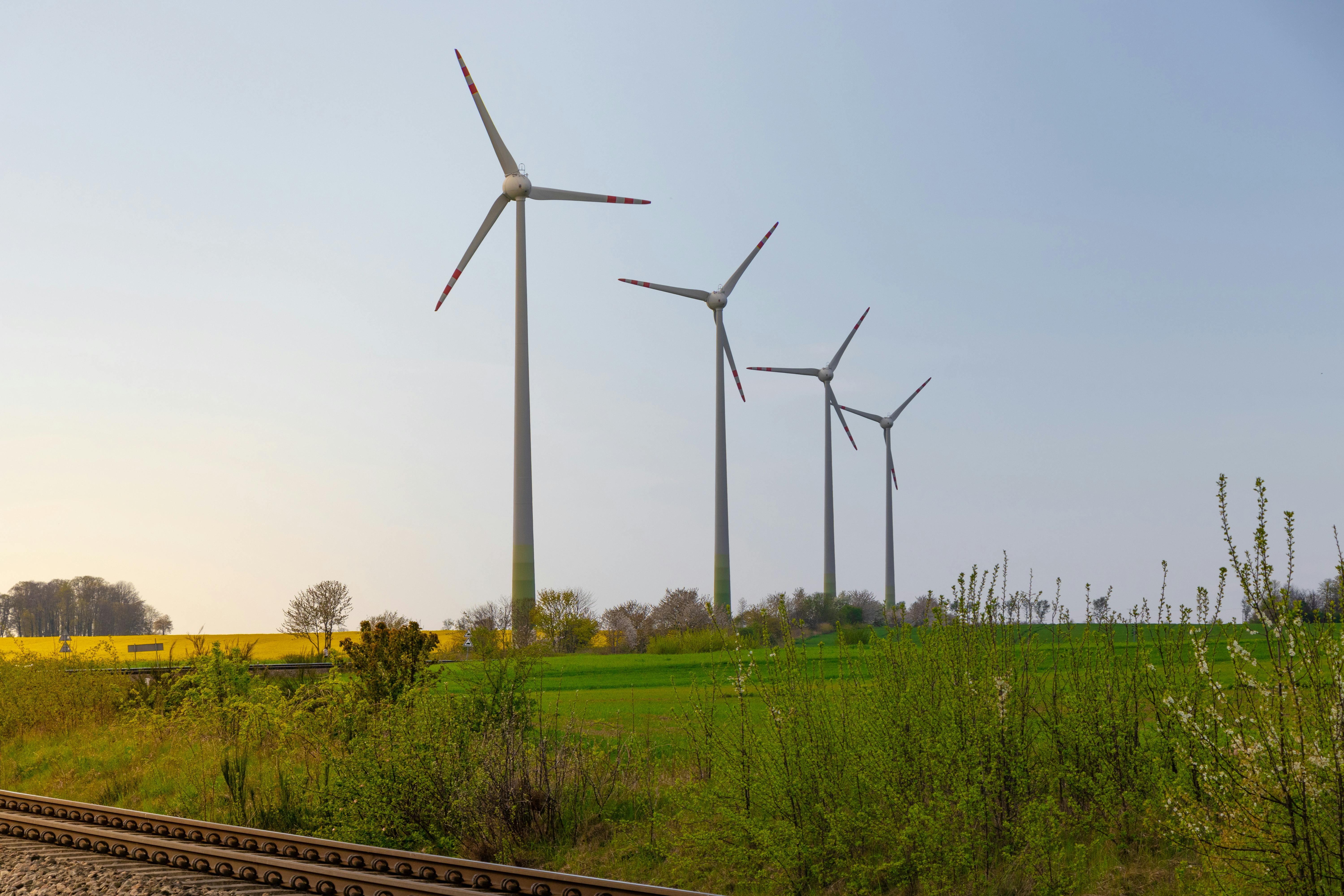- Africa has more than just tools—it has untapped power. For too long, Africa was sidelined in energy conversations. Now, it gives the loudest voice at the table.
The fossil fuel era, which gained momentum in the 20th century, saw nations around the world embrace large-scale oil, coal, and gas use. Sadly, it’s now recognized as the single largest driver of climate change.
Africa entered this era much later, mainly post-independence. Countries like Nigeria, Angola, and Algeria built their economies around fossil fuel exports. These exports brought brief revenue booms—but also exposed us to price shocks, corruption, and inequality.
Ironically, while some nations became energy exporters, many of their citizens remained trapped in energy poverty. Over 600 million people still live without electricity. Nearly 900 million rely on biomass to cook, which contributes further to health and environmental challenges.
And now, as the Secretary-General of the United Nations rightly stated in his address “A Moment of Opportunity: Supercharging the Clean Energy Age”, delivered on July 22, 2025:
“The fossil fuel age is flailing & failing. We're at the dawn of a new & clean energy era. An era where cheap, abundant, renewable energy powers a world rich in economic opportunity. We have the tools to power the future for humanity.”
Read More
Africa has more than just tools—it has untapped power. For too long, Africa was sidelined in energy conversations. Now, it gives the loudest voice at the table.
Africa possess 7,900 GW of solar potential. Over 1,753 GW of hydropower. Wind energy clocks in at 461 GW. Kenya is leading in geothermal. Ethiopia commands hydro. Morocco is taking charge with solar and wind. This isn't potential—it’s power waiting to be claimed.

-1753693073.jpg)

-1769677767.jpg)


